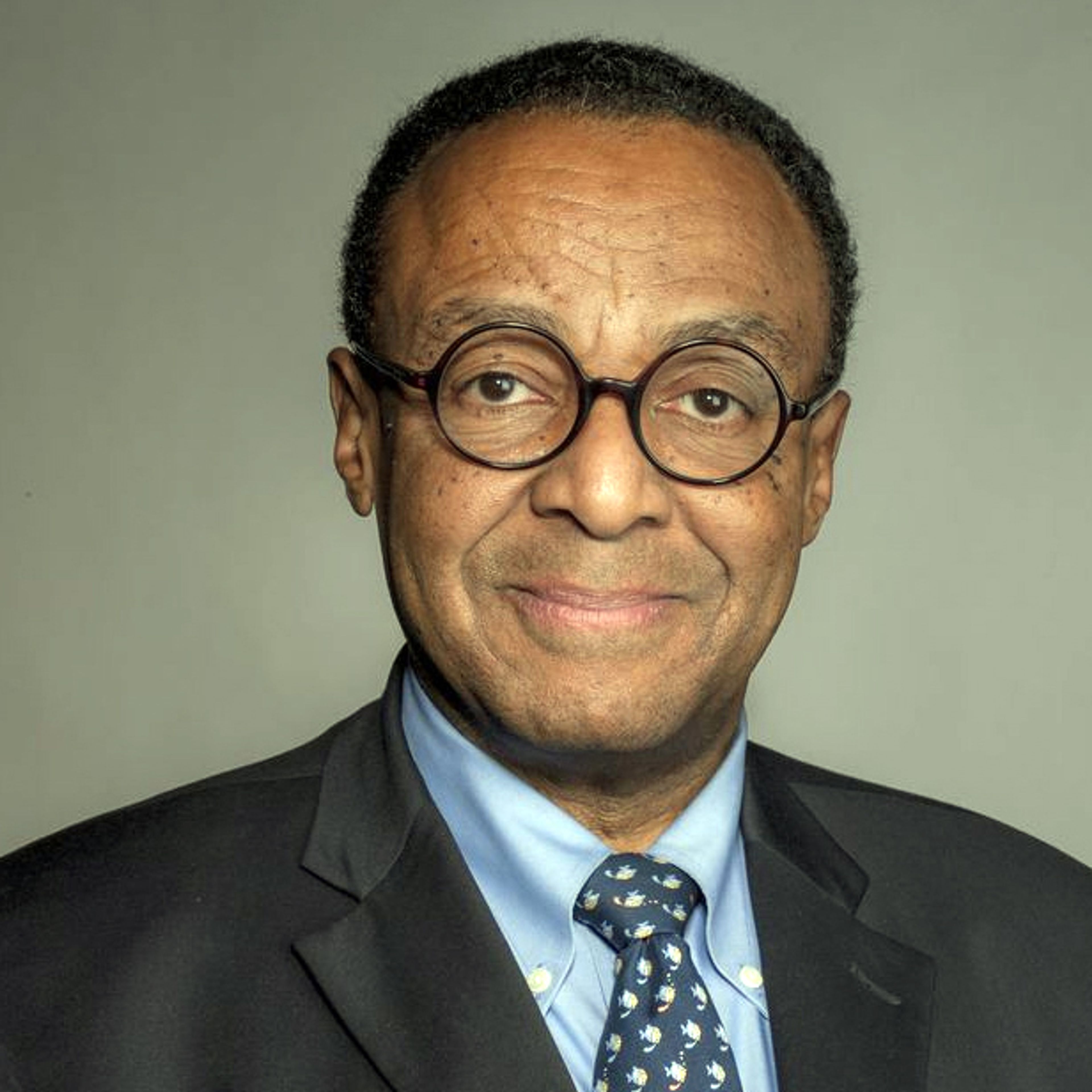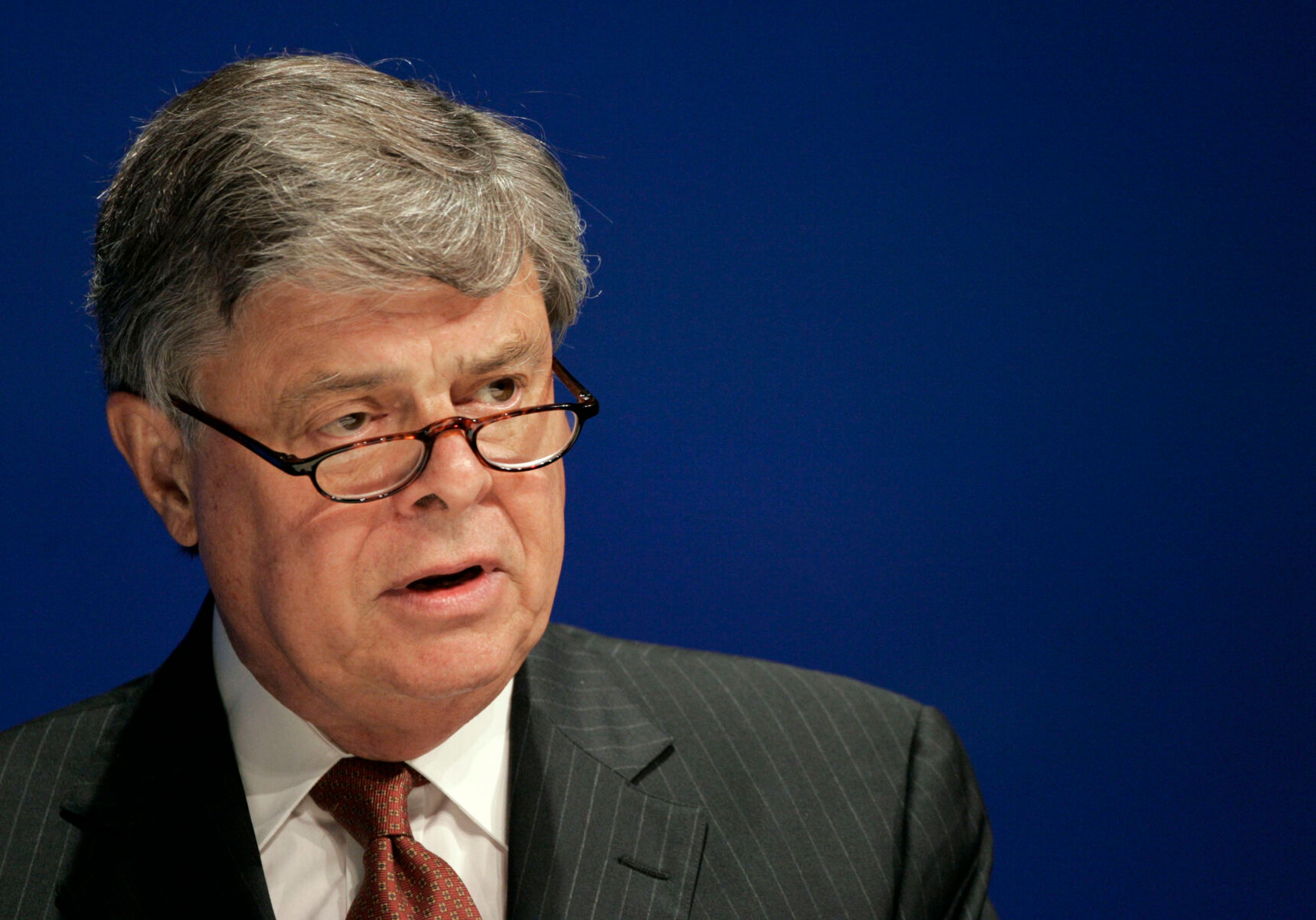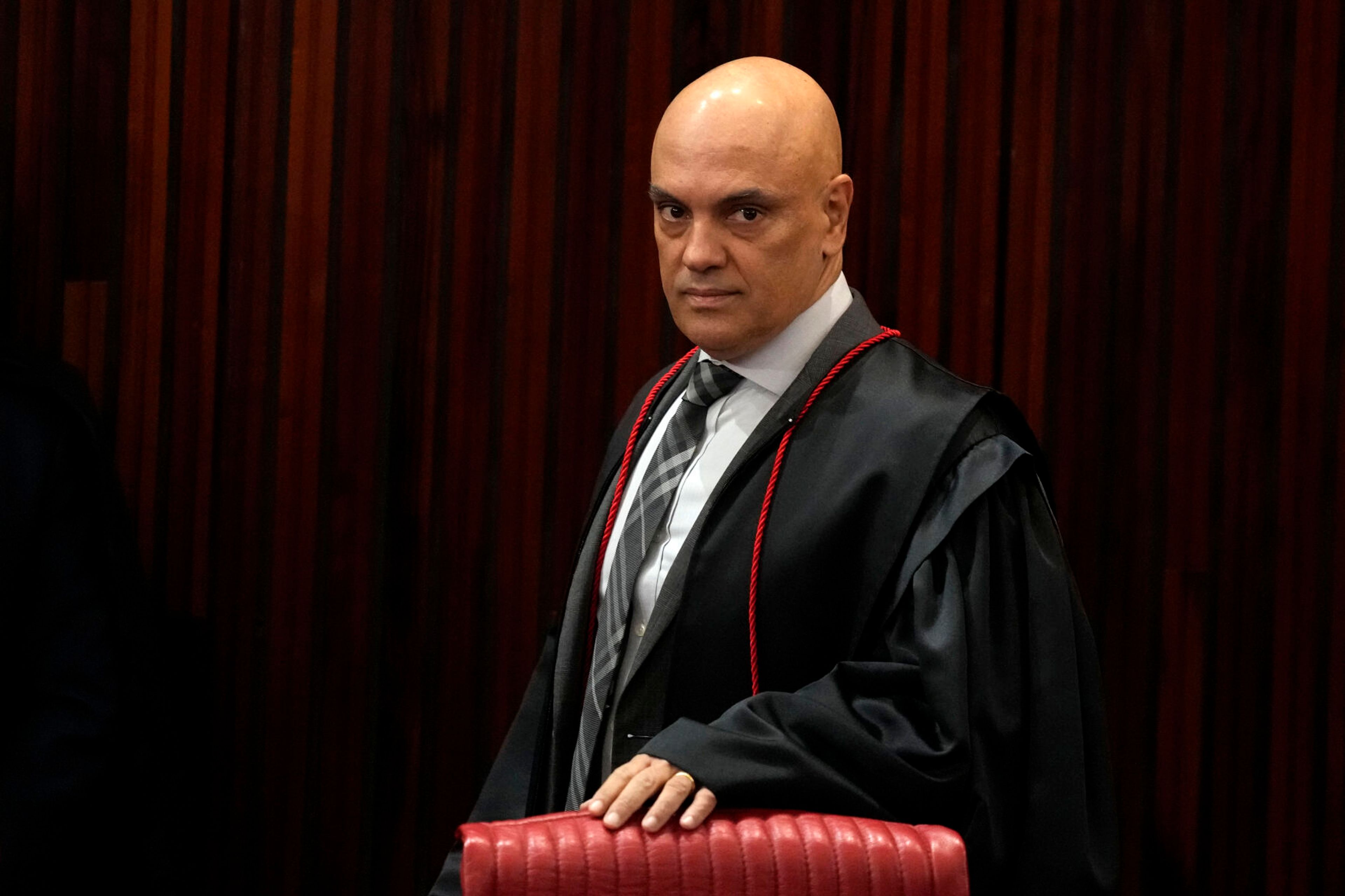OPINION: Neither innocent bystander nor hero riding to the rescue
Editorial: The Tribune’s Opinion
To hear House Speaker Mike Moyle, R-Star, tell it, property taxes are somebody’s — anybody’s — problem except his.
The state, he says, doesn’t collect one dime of property tax.
“I caution our friends in local government, though, some of the solutions may not be exactly what they want because the only way to lower property taxes is to constrain those budgets,” Moyle said a week before the Legislature convened.
Gov. Brad Little reiterated the same theme Monday in a State of the State message that suggested the state was either an innocent bystander or the hero riding to the rescue with a $120 million tax relief package.
“The reality is, no property taxes are paid to state government,” Little said. “No state official in this room can decide what local property taxes will be. Local governments alone set their budgets.”
Why are these people so modest?
The fact is the state dictates where local government gets money, how much, from whom and where it’s spent.
With few exceptions — resort cities and, at one time, county jail replacement projects — cities, counties and schools have one source of local money — property taxes. You can forget local option sales taxes that would take some of the pressure off the property owner. So says the Legislature.
Next, the Legislature imposes a cap on how much new tax money cities and counties can take in every year.
What’s more, if they want more property taxes for, say, a new building — the state tells local officials to pass a bond issue by a near-impossible two-thirds majority.
Making matters worse, lawmakers have pinched pennies on schools for so long that voters have voluntarily approved more property taxes to make up the difference. And thanks to then-Gov. Jim Risch’s 2006 tax shift, school patrons in poorer, rural communities have paid higher tax rates than their counterparts in wealthier urban centers.
Homeowners are paying an increasing share of the property tax burden.
Why?
Because lawmakers decided to kick the legs out from under the voter-passed Homestead Exemption, which is supposed to spare about half of a modest home’s assessed value from taxation. By freezing the top benefit, they’ve allowed inflation to eat away at almost half the homeowner’s one tax break. That’s delivered a windfall to commercial interests, whose property taxes are dropping.
Little and Moyle aren’t talking about that.
At the same time, a bill Moyle drafted — and Little signed — deprived some low-income seniors of circuit breaker tax assistance because, through no fault of their own, the market value of their homes rose faster than many others in their respective counties.
Meanwhile, the Legislature has looked out for just about everyone else.
If agricultural and timber land were taxed like homes — on its market value — family operations would suffer. So those holdings are taxed on their ability to produce income — a much more lucrative standard.
And thanks to the Legislature’s benevolence, corporations pay much less property tax on such things as office equipment.
The net result transfers more of the tax burden on the one group without an effective lobby in Boise, the beleaguered homeowner.
The money comes with strings. When someone in state government tells you that local government governs best, they’re prevaricating. Local government in Idaho is not autonomous.
It’s an extension of the state.
A county official can barely blow his own nose without getting the state’s permission.
For example, the state requires counties to staff law enforcement, courtrooms and jails. They must provide public defenders and probation officers. They run elections, assess and collect property taxes and take care of the trash.
Should they fail to meet the state’s standards, some regulatory agency will step in and enforce compliance.
Nor is the state Legislature satisfied.
Under the heading of preemption, state lawmakers have started nibbling away at local discretion. They blocked local officials from banning plastic bags or implementing a community minimum wage.
If you’re not careful, the day may come when the Legislature will dictate street and park names as well.
The politicians in Boise count on few people being aware of that. But the next time property taxes give you a case of sticker shock, the folks responsible are not at city hall, the courthouse or the school district.
They’re sitting under the state Capitol dome. — M.T.








